House plants that are Poisonous to your Pets
House plants can bring life and beauty to our homes, but it’s important to know that not all plants are safe for our pets. It is crucial to understand which houseplants can be harmful or even poisonous to our pets. I will explore some common house plants that can pose dangers to our beloved animals.
Dieffenbachia:
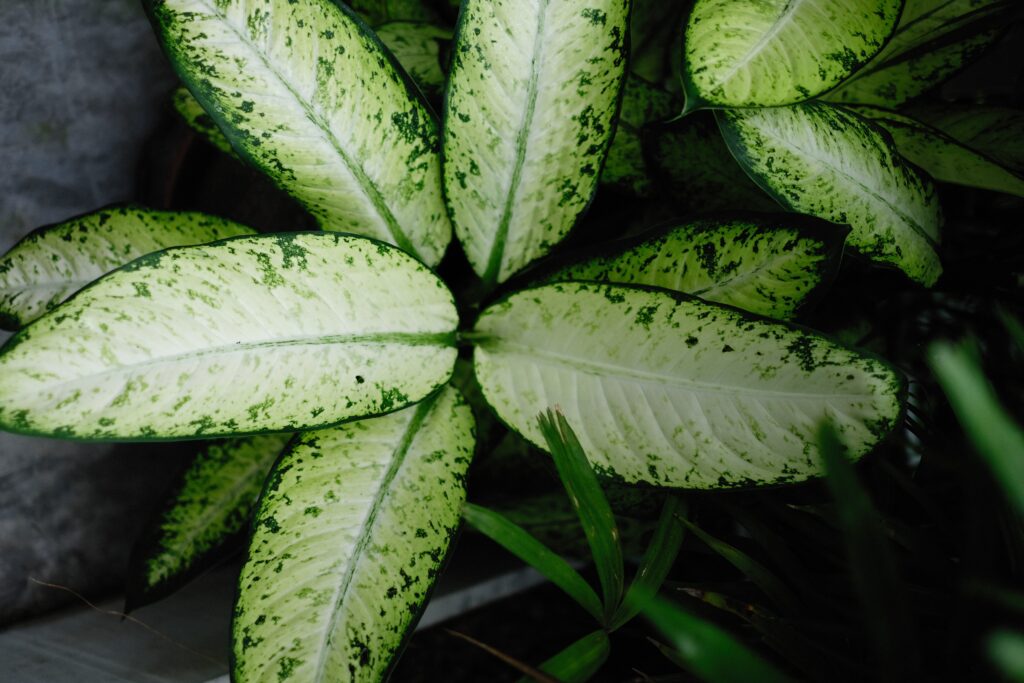
Dieffenbachia is a popular house plant known for its large, attractive leaves. However, its sap contains calcium oxalate crystals, which can cause severe oral irritation if chewed or ingested by pets. Common symptoms include drooling, difficulty swallowing, and oral pain. In extreme cases, it can also lead to mouth, tongue, and throat swelling, making it difficult for pets to breathe.
Sago Palm:

Sago palms are aesthetically pleasing and commonly used as decorative plants. Unfortunately, all parts of the plant, including the leaves, stem, roots, and seeds, contain a potent toxin called cycasin. Ingesting any part of the sago palm can lead to severe liver damage, which may manifest with symptoms such as vomiting, diarrhea, lethargy, seizures, and, in some cases, even death if left untreated.
Lilies:

While lilies are a popular choice for floral arrangements and house plants, they are highly toxic to cats. All parts of the plant, including the pollen and water from the vase, can cause kidney failure in felines. Some common lily varieties include Easter lilies, tiger lilies, and daylilies. If you have cats, it is always best to avoid having lilies in your home.
Aloe Vera:
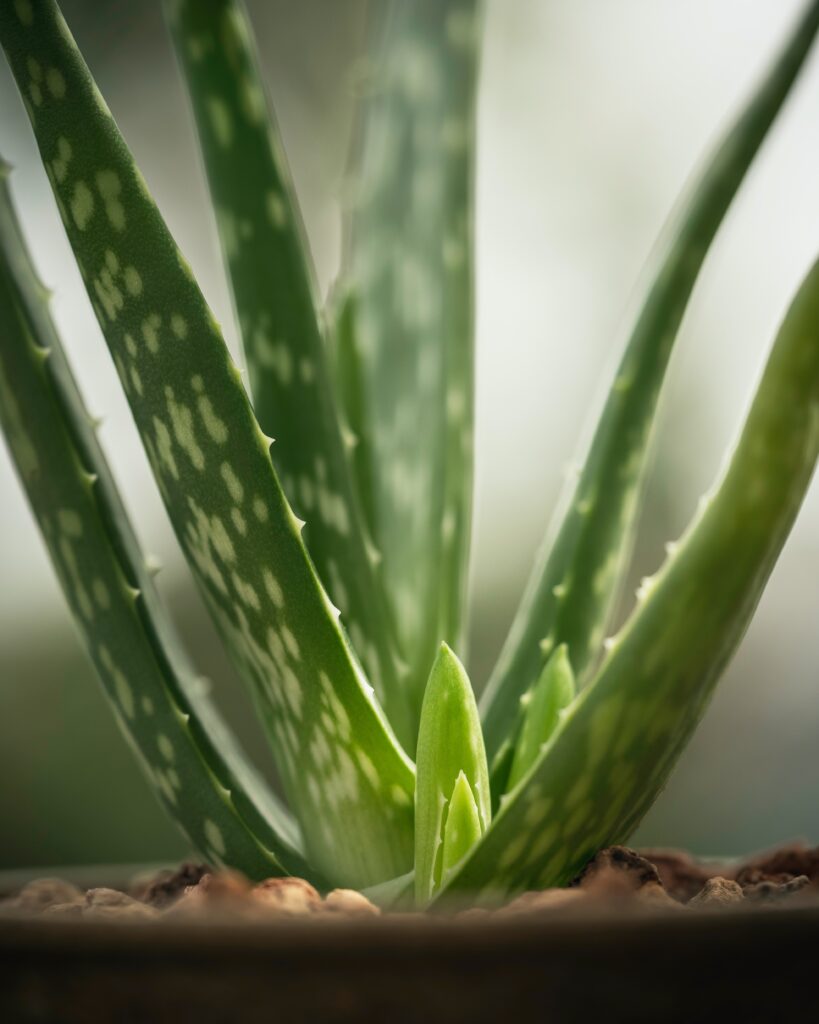
Aloe Vera plants are well-known for their healing properties, especially for burns. However, the gel within the aloe vera leaves contains saponins, which can be toxic to both cats and dogs. Ingesting aloe vera may cause symptoms like vomiting, diarrhea, loss of appetite, tremors, and even changes in urine color due to liver damage. Please keep your pets away from aloe vera plants to ensure their safety.
Philodendron:
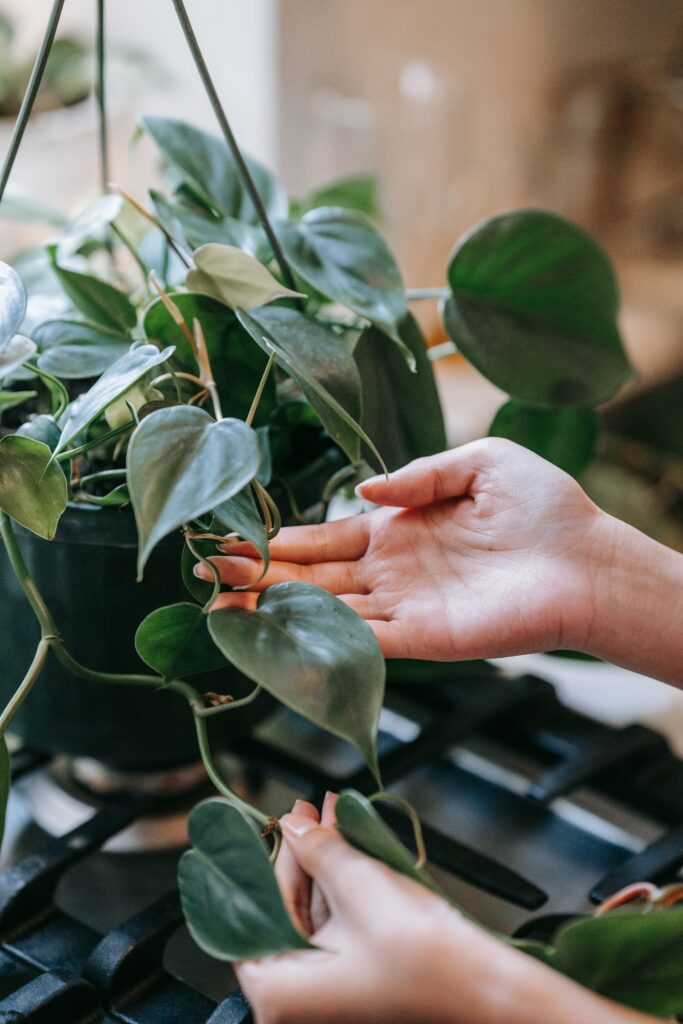
The Philodendron family includes several popular house plants, such as the Heartleaf Philodendron and the Swiss Cheese Plant (Monstera Deliciosa). These plants contain calcium oxalate crystals, which can cause oral discomfort, swelling, and irritation if chewed or swallowed by pets. Signs of ingestion include drooling, pawing at the mouth, and difficulty swallowing.
Snake Plant:
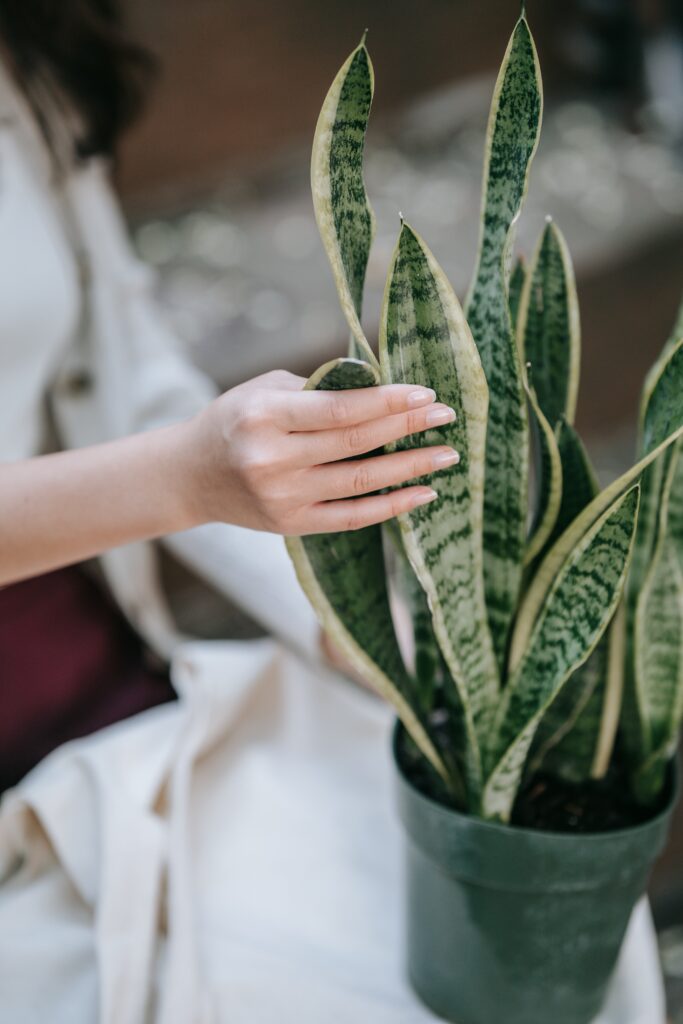
Snake plants known as Mother-in-Law’s Tongue are renowned for purifying indoor air. However, they can be harmful to pets if ingested. Snake plants contain saponins, which can cause gastrointestinal upset, vomiting, and diarrhea in cats and dogs. While the toxicity is generally mild, keeping these plants out of reach of curious pets is still best.
Pothos:
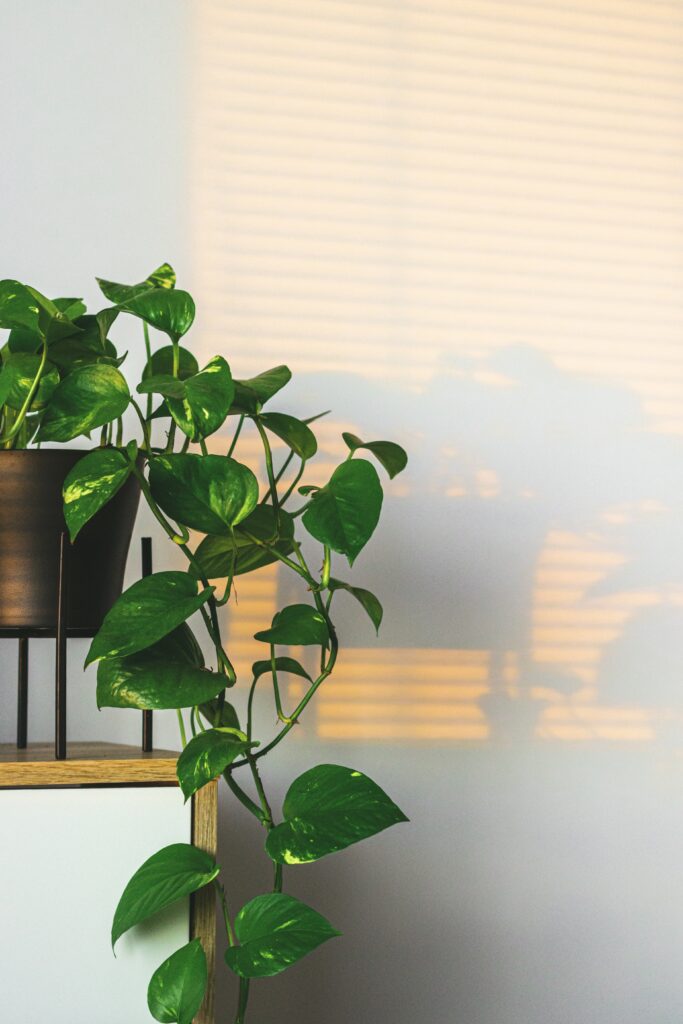
Pothos, known as Devil’s Ivy, is a popular trailing house plant. However, its leaves and stems contain insoluble calcium oxalate crystals, which can cause oral irritation, drooling, and vomiting if chewed or ingested by pets. While pothos toxicity is usually not life-threatening, it’s still important to prevent your furry friends from nibbling on this plant.
Peace Lily:
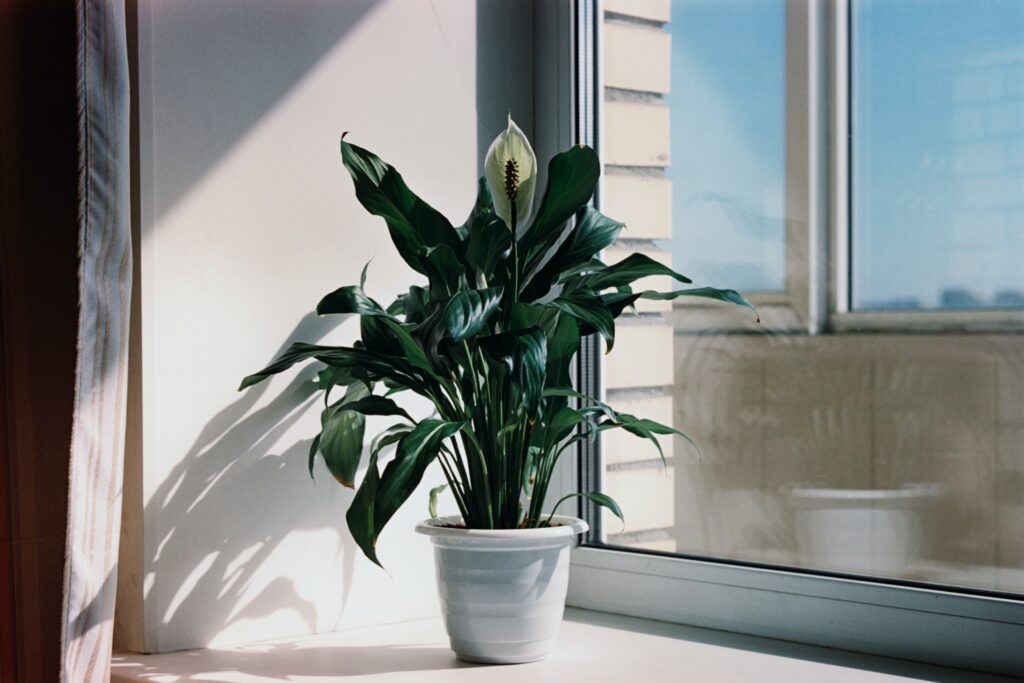
Peace lilies are prized for their elegant white flowers, but they can be toxic to pets. These plants contain calcium oxalate crystals, similar to other plants on this list. Ingesting peace lilies may cause oral irritation, drooling, difficulty swallowing, and vomiting. It’s advisable to keep peace lilies away from areas accessible to your pets, especially cats.
English Ivy:
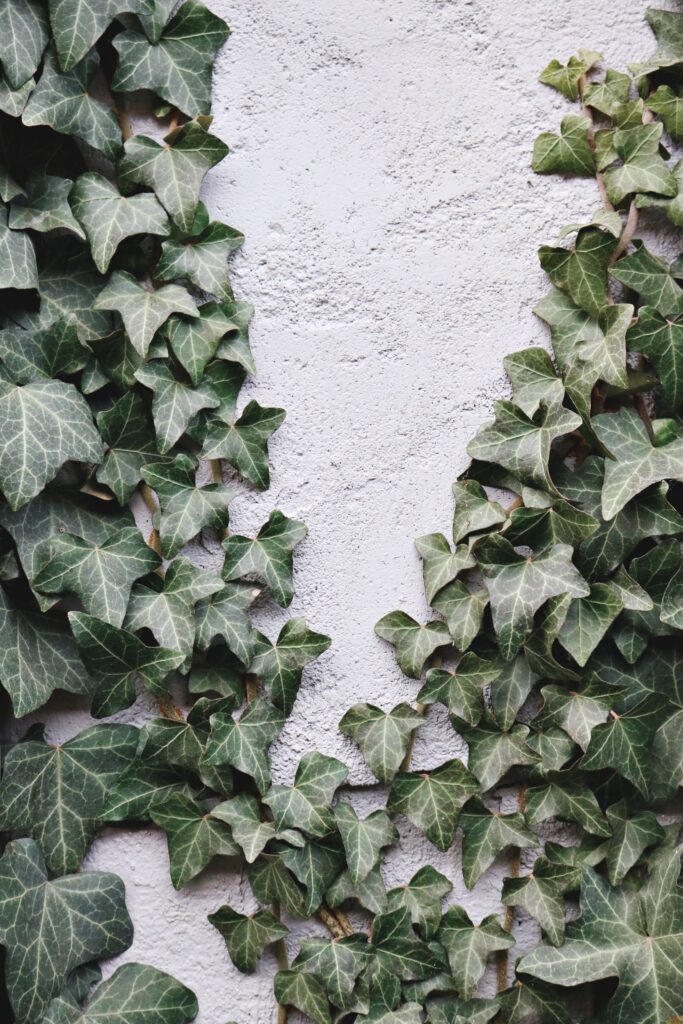
English ivy is a common climbing plant that can add a touch of green to any room. However, it can be toxic to cats and dogs. English ivy contains glycoside substances that, when ingested, can cause gastrointestinal upset, including vomiting and diarrhea. In some cases, excessive ingestion may lead to more severe symptoms like tremors, breathing difficulty, and coma.
ZZ Plant:
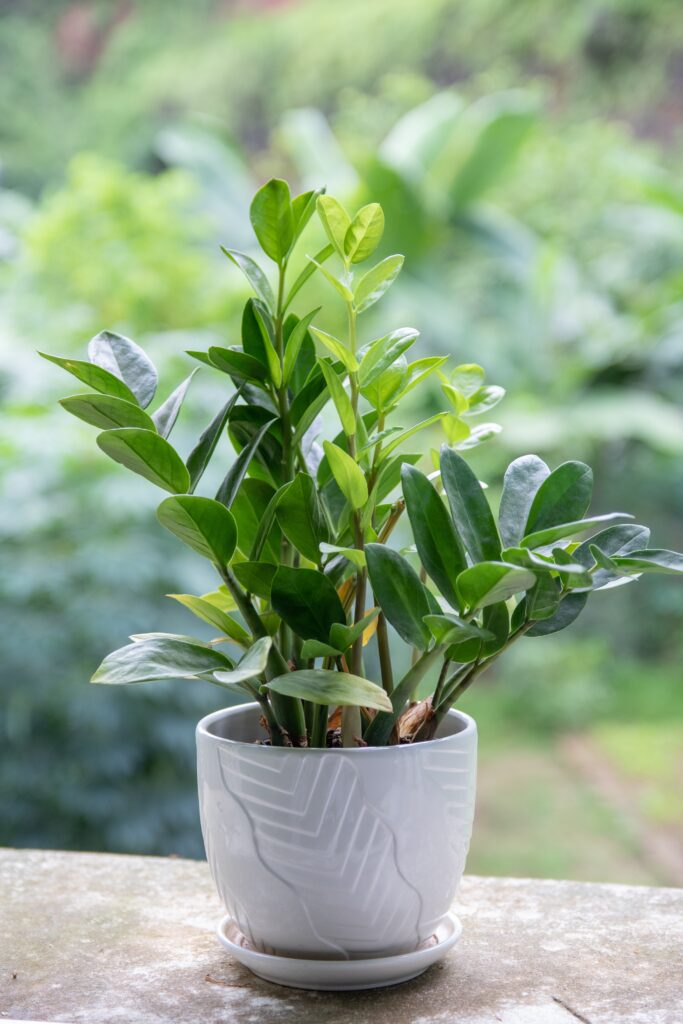
ZZ plants, also known as Zanzibar Gems or Zamioculcas zamiifolia, are popular for low-light environments due to their durability. While ZZ plants are generally low in toxicity, their stems and leaves contain calcium oxalate crystals. If chewed or swallowed by pets, ZZ plants can cause oral irritation, drooling, and vomiting.
These are just a few examples of house plants that can be toxic to pets. If you have specific house plants in mind, it’s recommended to consult reliable sources or speak with a veterinarian to ensure the safety of your pets. In case of accidental ingestion or if you notice any abnormal symptoms in your pets, it is crucial to seek immediate veterinary care. Remember, prevention is key, so always research and choose pet-friendly plants when adding greenery to your home.
